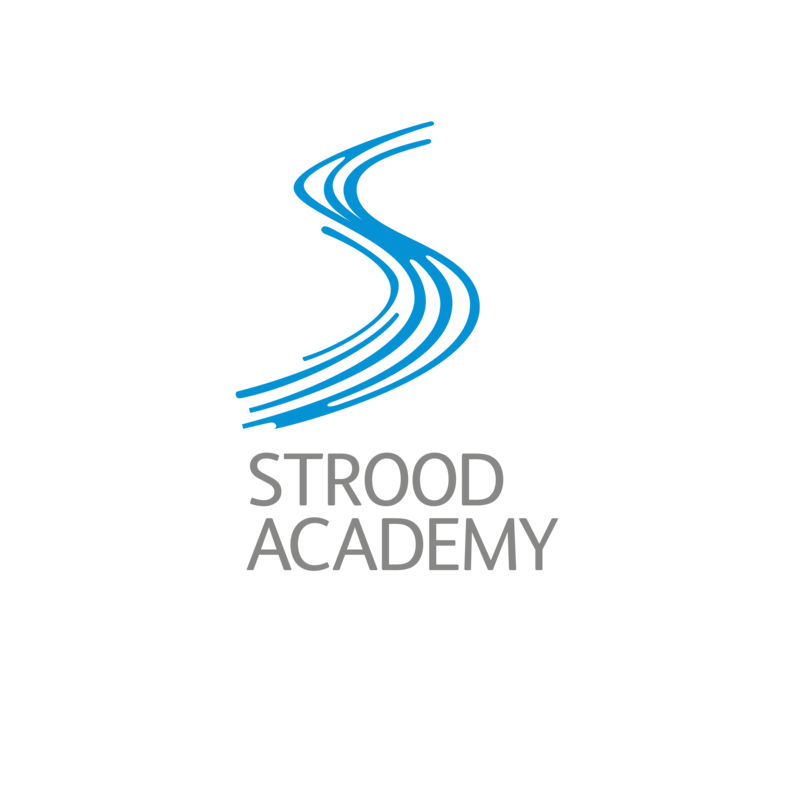Why study IBCP History? History has the power to connect us to the world we live in and allows us to reflect upon the very darkest and most hopeful examples of human behaviour. Through studying our History, we can better understand who we are, who we want to be and how we might avoid repeating History’s gravest mistakes and injustices. Through our History curriculum, pupils are introduced to the most significant events; individuals, ideas and phenomena that have shaped our modern world. More than this, pupils learn how these factors interact, recognising cause and consequence, as well as developing an appreciation for chronology and significance. History is an ever-evolving forum for discussion about how we relate to the past and how this has informed the present. Whatever our pupils go on to achieve, History provides an invaluable foundation in the reasoning, communication and literacy skills that allow us to become more thoughtful, compassionate and well-informed members of society. What will I study during the course duration? Unit 1: The prescribed unit looks at a key theme within History, allowing students to study world history based on a comparative, multi-perspective approach to history and focused around key historical concepts such as change, causation and significance. This will look at Rights and Protest, focusing on US Civil Rights and protests against South African Apartheid. Unit 2 and 3: These two sections will look at two different periods from world history, requiring students to study and compare examples from different regions of the world, helping to foster international mindedness. This could include; societies in transition, colonisation, industrialisation or authoritarian states. Unit 4: The depth study will encourage students to enquire into the political, social, economic and cultural history of one continent. In this unit we will look at a range of time periods and the developments within Europe. This could include; The Renaissance, Imperial Russia and the establishment of the Soviet Union, The French Revolution and Napoleon, Europe and World War I, The Reformation of the Catholic Church or inter war domestic developments.
Grade 6 in History
How will I be assessed? Higher Level IB History is a 2 year course which consists of 4 units of study and an internal assessment (coursework) element. The units of study form the basis of 3 examinations worth 80% of the final grade and the internal assessment accounts for 20% of the final grade.
About Education Provider
| Region | South East |
| Local Authority | Medway |
| Ofsted Rating | Good |
| Gender Type | Co-Educational |
| Address | Carnation Road, Strood, Rochester, ME2 2SX |
Why study IBCP History? History has the power to connect us to the world we live in and allows us to reflect upon the very darkest and most hopeful examples of human behaviour. Through studying our History, we can better understand who we are, who we want to be and how we might avoid repeating History’s gravest mistakes and injustices. Through our History curriculum, pupils are introduced to the most significant events; individuals, ideas and phenomena that have shaped our modern world. More than this, pupils learn how these factors interact, recognising cause and consequence, as well as developing an appreciation for chronology and significance. History is an ever-evolving forum for discussion about how we relate to the past and how this has informed the present. Whatever our pupils go on to achieve, History provides an invaluable foundation in the reasoning, communication and literacy skills that allow us to become more thoughtful, compassionate and well-informed members of society. What will I study during the course duration? Unit 1: The prescribed unit looks at a key theme within History, allowing students to study world history based on a comparative, multi-perspective approach to history and focused around key historical concepts such as change, causation and significance. This will look at Rights and Protest, focusing on US Civil Rights and protests against South African Apartheid. Unit 2 and 3: These two sections will look at two different periods from world history, requiring students to study and compare examples from different regions of the world, helping to foster international mindedness. This could include; societies in transition, colonisation, industrialisation or authoritarian states. Unit 4: The depth study will encourage students to enquire into the political, social, economic and cultural history of one continent. In this unit we will look at a range of time periods and the developments within Europe. This could include; The Renaissance, Imperial Russia and the establishment of the Soviet Union, The French Revolution and Napoleon, Europe and World War I, The Reformation of the Catholic Church or inter war domestic developments.
Grade 6 in History
How will I be assessed? Higher Level IB History is a 2 year course which consists of 4 units of study and an internal assessment (coursework) element. The units of study form the basis of 3 examinations worth 80% of the final grade and the internal assessment accounts for 20% of the final grade.
